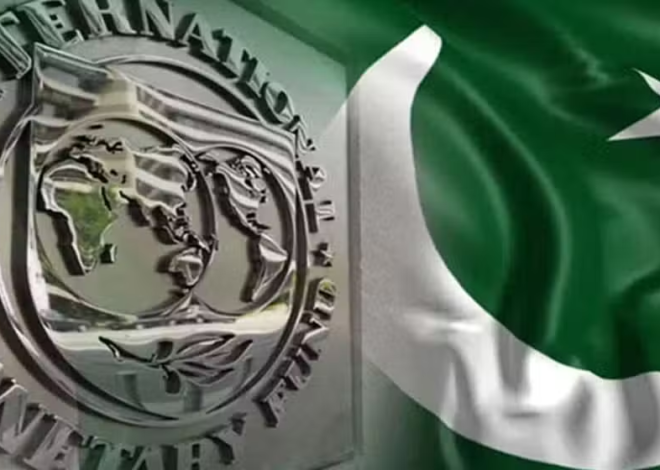
Rising School Pressures, Declining Family Support: Alarming Trends Among Pakistani Kids
In a recent report, the World Health Organization (WHO) highlighted concerning trends among children in Pakistan. The study reveals that children feel a notable decline in family support, while academic pressures continue to rise, significantly impacting their mental health and well-being. This shift reflects the global trend of increasing expectations on young students, but in Pakistan, the impact appears particularly pronounced.
According to experts, children in Pakistan face heightened academic pressure due to competitive schooling environments and demanding curriculums, especially in urban centers. As children spend more hours at school and in tutoring centers, they have less time for family interaction and relaxation. Additionally, parents’ high expectations often contribute to feelings of inadequacy among students, further exacerbating stress.
The report underscores the need for mental health support systems within schools. Mental health professionals suggest incorporating activities that foster family bonding, including family-friendly events at schools and counseling services for children and parents. Recognizing the early signs of stress and providing resources to manage academic anxiety can be crucial in helping children balance educational demands and family life.
This emerging scenario calls for collective efforts from schools, families, and policymakers to help Pakistani children thrive in both educational and emotional aspects of their lives. A balanced approach is essential for the well-being and holistic growth of the young generation.







